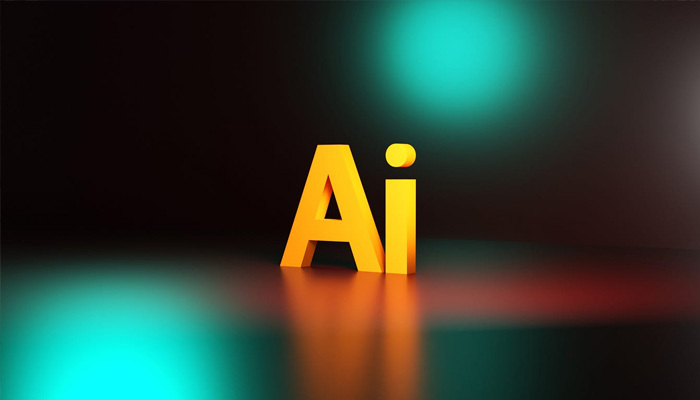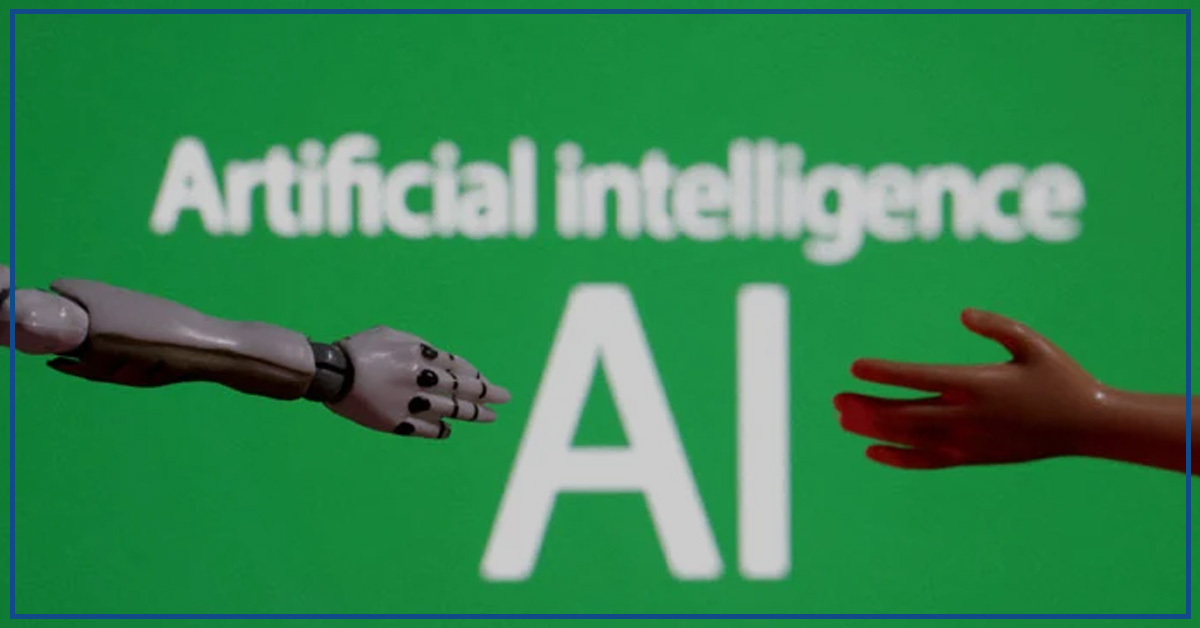In recent years, the proliferation of artificial intelligence (AI) has spurred remarkable advancements across various fields, including the generation of academic papers. While this innovation presents exciting opportunities, it also raises significant concerns within the scientific community. In this article, we delve into the implications of AI-generated academic papers and the ensuing alarms within scientific circles.
AI-generated academic papers refer to scholarly articles created using machine learning algorithms, often without direct human involvement. These algorithms analyze existing research materials, identify patterns, and generate new content that mimics the style and structure of academic writing. While the concept may seem futuristic, it is already a reality, with AI systems producing papers on diverse topics ranging from medicine to computer science.
One of the primary concerns surrounding AI-generated academic papers is the quality and accuracy of the content. While AI algorithms excel at processing vast amounts of data, they may lack the nuanced understanding and critical thinking skills of human researchers. As a result, there is a risk of generating misleading or erroneous information, which could have far-reaching consequences for scientific advancement.
Another issue is the potential for plagiarism and infringement of intellectual property rights. AI systems may inadvertently reproduce passages from existing works without proper attribution, leading to accusations of academic misconduct. Moreover, the automated nature of content generation makes it challenging to trace the origins of specific ideas or concepts, further complicating matters of intellectual property.

Peer review is a cornerstone of the academic publishing process, ensuring that research undergoes rigorous scrutiny by experts in the field before publication. However, AI-generated papers may bypass traditional peer review mechanisms, raising questions about the reliability and credibility of the research presented. Without adequate peer review, the validity of findings may be called into question, undermining trust in scientific literature.
For researchers and scholars, the rise of AI-generated papers introduces new challenges in navigating the academic landscape. The pressure to publish in reputable journals is a crucial aspect of career advancement, but the influx of machine-generated content may distort perceptions of productivity and scholarly impact. Consequently, traditional metrics for evaluating academic achievement may need to be reassessed in light of these developments.
The ethical implications of AI-generated academic papers extend beyond issues of quality and credibility. There are broader concerns regarding the responsible use of technology and its impact on societal values. Questions arise about the role of AI in shaping the future of knowledge creation and dissemination, as well as its potential consequences for academic freedom and autonomy.
The emergence of AI-generated academic papers represents a double-edged sword for the scientific community. While it offers new avenues for research and innovation, it also poses significant challenges and ethical dilemmas. As we navigate this evolving landscape, it is essential to strike a balance between harnessing the potential of AI and upholding the principles of integrity, transparency, and accountability in scholarly pursuits.





